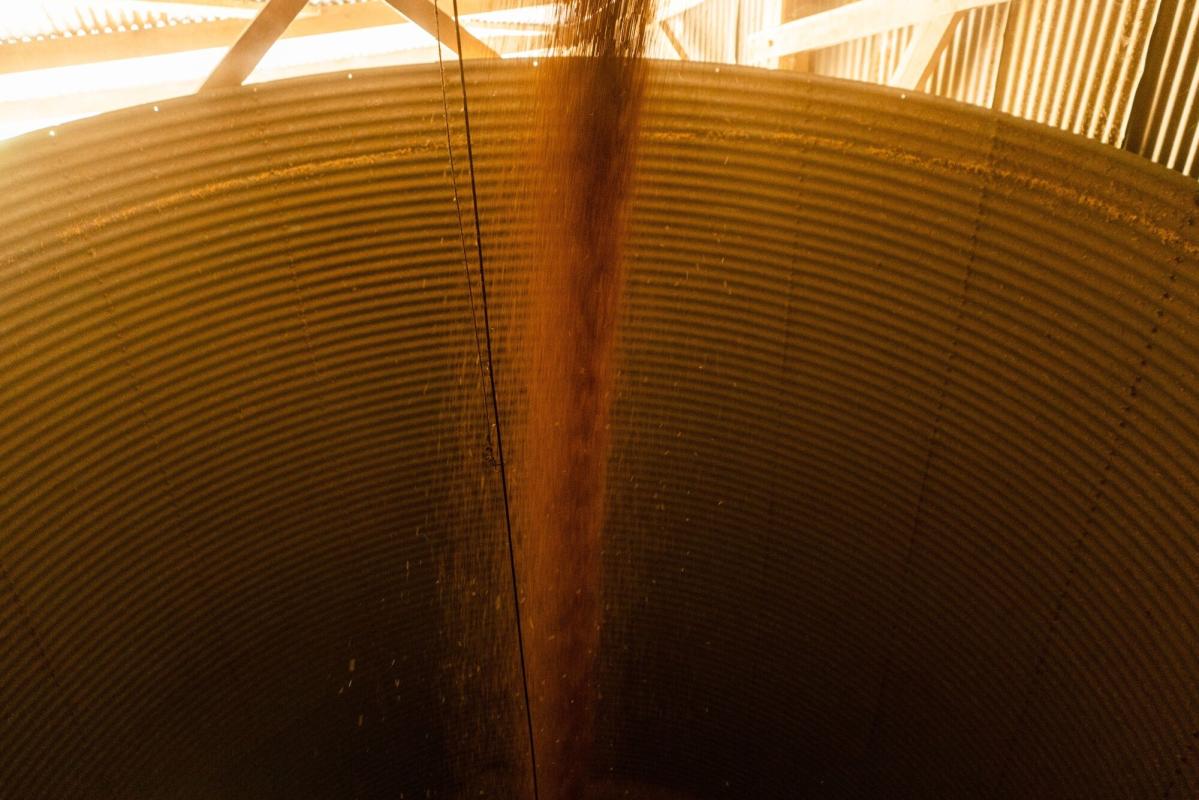The US supreme court agreed on Wednesday to take up the unprecedented claim that Donald Trump has absolute immunity from prosecution in the criminal case over his efforts to overturn the 2020 election results, throwing into jeopardy whether it goes to trial before the 2024 election.
The justices set oral arguments for the week of 22 April to consider a recent ruling by a three-judge panel at the US court of appeals for the DC circuit which categorically rejected Trump’s immunity claim in a decision earlier this month.
Related: Supreme court will decide Trump immunity claim in 2020 election case – live
Despite the court indicating it will move quickly, Trump’s criminal case will remain on hold until the supreme court ultimately rules on the matter, inserting it into the politically charged position of potentially influencing whether Trump will go to trial before the presidential election in November.
The unsigned order said the court intended to address at oral arguments “whether and if so to what extent does a former president enjoy presidential immunity from criminal prosecution for conduct alleged to involve official acts during his tenure in office”.
In the federal case about the 2020 election, Trump faces a four-count indictment in Washington DC brought by the special counsel, Jack Smith, that charges him with conspiracy to defraud the United States, conspiracy to obstruct the congressional certification of the election results, and violating rights.
Trump sought to have the charges dismissed last year, arguing in a 52-page filing that the conduct he was charged with fell under the so-called “outer perimeter” of his official duties, which meant he could not be prosecuted because of the broad protections afforded to the presidency.
The motion to dismiss contended that all of Trump’s attempts to reverse his 2020 election defeat detailed in the indictment, from pressuring his vice-president, Mike Pence, to stop the congressional certification on 6 January 2021 of Biden’s victory to organizing fake slates of electors, were in his capacity as president and therefore protected.
At the heart of the Trump legal team’s filing was the extraordinary contention that not only was Trump entitled to absolute presidential immunity, but that the immunity applied regardless of Trump’s intent in engaging in the conduct described in the indictment.
The arguments were rejected by the presiding US district judge Tanya Chutkan, and subsequently by the three-judge panel at the DC circuit, which wrote in an unsigned but unanimous decision that they could not endorse such an interpretation of executive power.
“At bottom, former President Trump’s stance would collapse our system of separated powers by placing the President beyond the reach of all three Branches,” the opinion said. “We cannot accept that the office of the Presidency places its former occupants above the law for all time thereafter.”
The involvement of the supreme court means when Trump could face trial now depends on how quickly the justices issue a decision after oral arguments. Setting arguments for April means a decision might not come until May. Even if Trump loses, the case may not be ready for trial until August.
Signup bonus from



